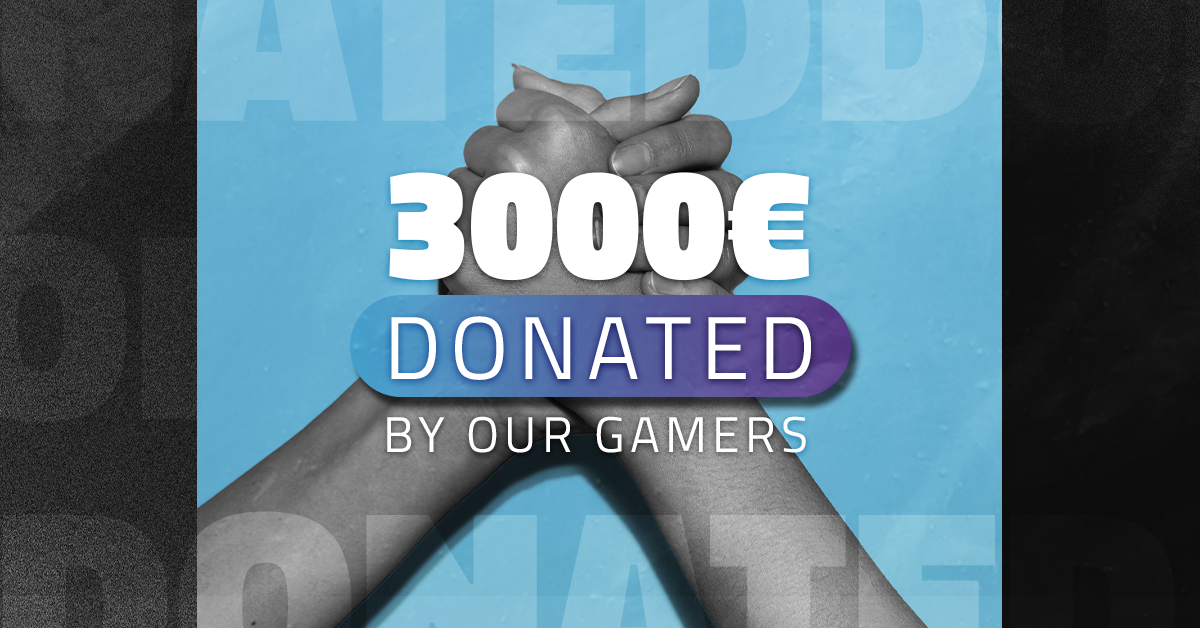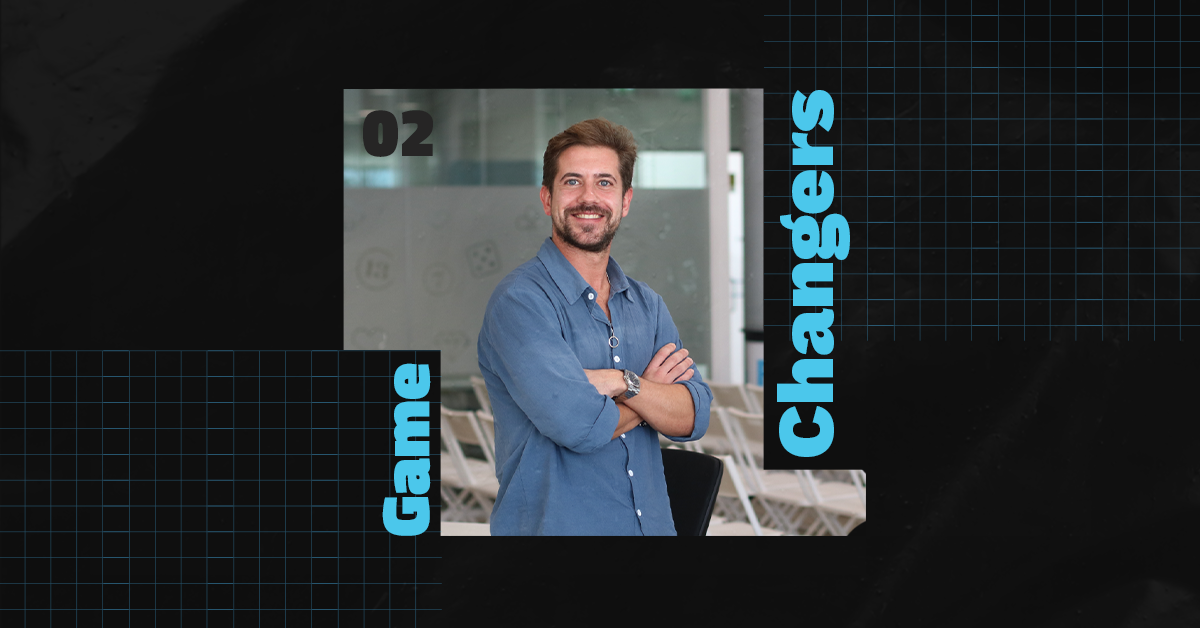GAME MATH at FMQ
We had a conversation with our Chief Intelligence Officer, João Maia, responsible for the Business Solutions and Game Math teams. We focused on Game Math, a team of which he is an integral member.
"We have different profiles in the team, mainly at a technical level," says João Maia, team leader of Game Math. "And naturally, I try to choose the best person for each project, which means that people become specialists only in what they have at hand. But in the end, that's not what we want. We want everyone to know how to make spin games, everyone to know how to make bingo games, everyone to know how to do everything. I advocate for some rotation within projects. So, my challenge is to achieve the best possible output without always having the same person assigned to a type of task."

Regarding the creation of the mathematics of a game, there are two essential parts. "First, understanding what our clients want and interpreting what they say. Sometimes, it's a challenge, but the fact that we have been working together for a long time makes it easier. We also try to understand what is being done in terms of competition - different prize tables give different sensations - and if the market is responding well. After the game is made and installed on the street, comes the other part: seeing, through the data that comes to us through reporting tools, if the game is performing well financially."
The reporting portal is an internal portal, developed by the Business Solutions team, which allows us to see the end of the production chain. It provides a series of information about the financial performance of the games, including, among other data, the average machine/day and the plays made by each game in each room. This continuous monitoring of the games is essential in making strategic decisions!
"But it wasn't always like this," João says. "Before, our work ended when we delivered the game. Now, we have this customer follow-up where we understand if the game was well installed, in which room it was, what the profile of that room was, if there was already competition there... All to create a better product."
"The company's motto is more than games, we create emotions. And in the Game Math team, we want to make something simple, which is 'when you press a button, 30 balls come out and you win a certain value depending on your cards,' into something more appealing. For mathematics, the game comes down to this! And this alone does not sell. In other words, we can work on the sensation of winning with algorithms, but in the end, the whole package with graphics and sounds is needed for the player's experience to be exciting. In addition to this, we have to ensure that the different prize modes are interesting both for the player and for our client, from a financial point of view. It can't be 'just prizes' or just 'not giving anything.' That's a challenge. Another, perhaps even bigger, is creating the tools that allow us to achieve this result. As the department's name indicates, this requires a lot of calculations. And it's not that the calculations are difficult, they're not. But there are a lot of them! So, part of our challenge is to create these tools that allow us to quickly make the calculations to reach the best solution. There you go, we have to simulate a huge amount of plays with mathematics of type A, B, C, D to see if they meet our client's requirements and then, together with the product team, see if the game remains interesting for the player. It's a constant conversation with the product team!"
This is the daily challenge of the team responsible for one of the topics that raises the most questions in people: payment. "I think it's important for people to realize that, in most of the games we make, the casino keeps only 4%, maybe 5% of the amount played. There are games like baccarat or blackjack where we can be talking about values like 1%. By legal requirement, the machine cannot keep more than 20%, but competition ends up lowering this percentage."

The year 2018 was marked by a project that brought both teams together, BS and GM - the MixMath portal. This portal now allows us to know more about the plays that are made, the chosen game mode, the bet size, or how many cards were played. "We are now reaping the fruits of this work. So, for 2019, our goal is to work on this data, improve our mathematics, and make our games better than others. Simple, but that's it!"
The Game Math team currently consists of 4 members. However, there are prospects for growth because the markets are expanding, and the game library is getting bigger. In fact, soon there will be a new member coming from internal mobility! "The ideal collaborator for our team is someone attentive, eager to learn and do better, who collaborates with colleagues, understands the company's culture, and tries to improve it. It's a curious person who asks questions, questions why things are the way they are and why they can't be otherwise."



